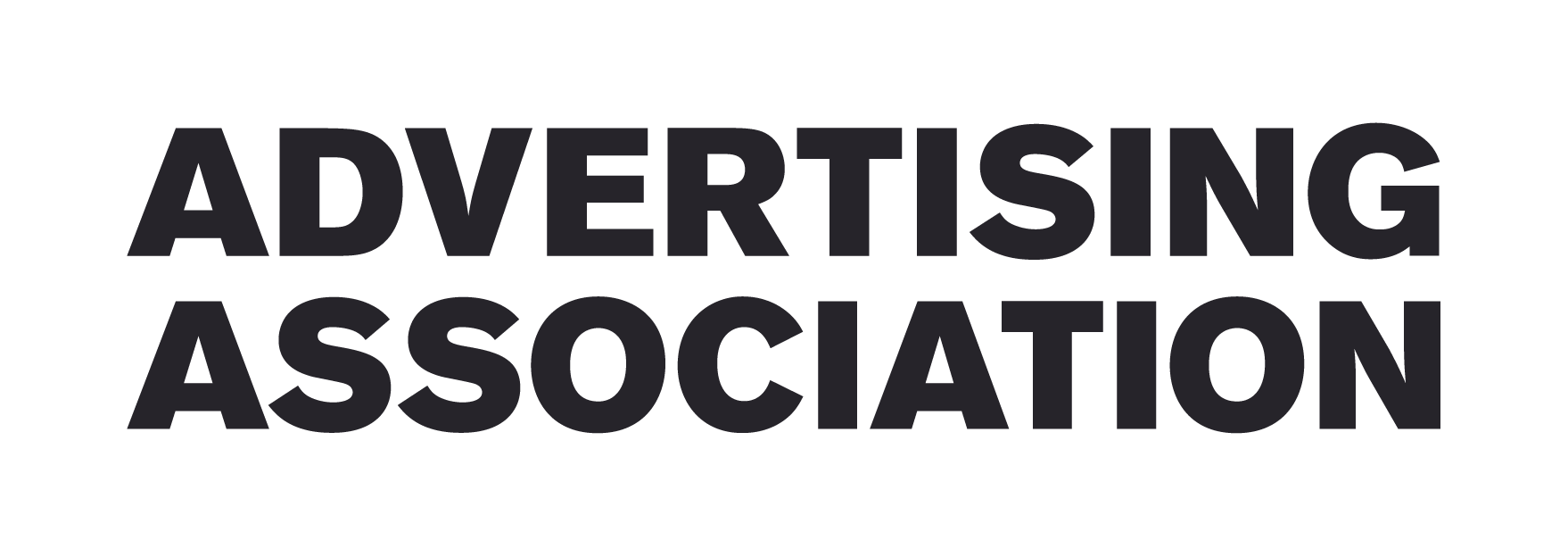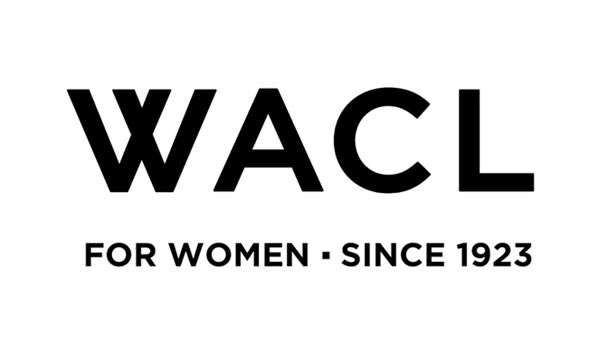If you think you've experienced or witnessed sexual harassment and want to talk to someone confidentially, contact NABS:
The festive season is a time for celebration and connection, but it’s important to ensure that everyone feels safe and respected during the party season. We all have a role to play in creating environments where everyone can enjoy themselves without concern. This timeTo guide is for team members, senior leaders and employers offering practical advice to understand your rights, recognise inappropriate behaviour, and take action if needed. By working together, we can help make this holiday season one that’s joyful, inclusive, and free from sexual harassment.
By following these guidelines, you can help ensure a safe, respectful, and enjoyable festive party for everyone.
As of October 2024, The Worker Protection Act 2023 (Amendment of Equality Act 2010 has come into force in the UK. This legislation introduces a new duty on employers to take reasonable steps to prevent sexual harassment of their workers. Employers are now obligated to be proactive in tackling sexual harassment, with a ‘preventative duty’ requiring them to act.
This preventative duty covers harassment between workers as well as harassment by third parties, such as clients. Failure to comply with this duty constitutes a breach of the law. If an employer fails to take reasonable steps, the Equality and Human Rights Commission can take enforcement action. Additionally, if an individual’s claim of sexual harassment is successful, an employment tribunal may increase the amount of compensation awarded.
Show genuine interest in conversations with workers. Listen actively without interrupting and validate their feelings and experiences.
No one should have to put up with sexual harassment; anytime or anywhere.
For free, confidential and impartial advice and support, for anyone working in the advertising, marketing and media industry, call the NABS Advice Line on 0800 707 6607, 9am – 5.30pm on week days.
If you believe you have been affected by harassment which may amount to criminal conduct, you may want to consider contacting the police. You can also find a list of organisations who may be able to provide support here.
For help, advice and support around sexual harassment, please email: timeTo@nabs.org.uk
For further information about the timeTo initiative, or if you’d like to endorse the Code, please contact: timeToInfo@nabs.org.uk
For media and press inquiries, please email: timeToMedia@nabs.org.uk

